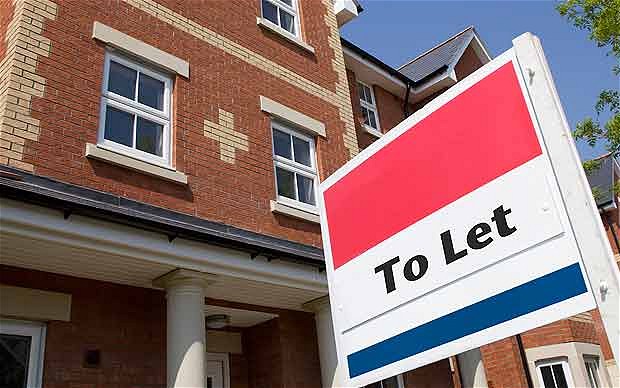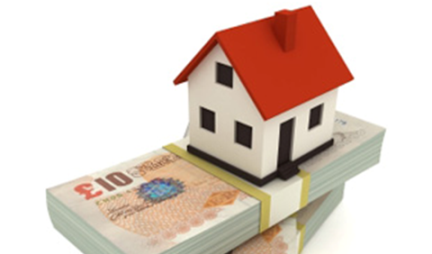Property is considered a strong investment which, even with the odd market wobble, will bring a decent yield over the long term.
The term ‘investing in property’ can take various forms from basically buying a property and living in it, buying a property and renting it out, to investing in property in a ‘pooled fund’ or crowd sourcing type of way. You can even invest on the success of key players in the property market through spread betting with the likes of IG.
What type of property investor are you?

Buy to let
If you’re thinking of buying a property to rent out then consider your aims for this investment.
Rental yield – are you hoping to profit from the monthly rental only? If so, can you realise the rental income needed to provide a profit when other costs – typically mortgage and maintenance – are met?
Long term yield – are you buying with an eye on the long term by cashing in when prices pick up so you can make a tidy profit?
Consider the following:
• Can you – and are you wiling to – tie up money for the long term?
• Appreciate and plan for the possibility of property prices going down as well as up
• Calculate the costs and time involved in owning and running a buy to let property
• Realise you’re effectively running a business with your buy to let property – and one with significant legal responsibilities
• Budget carefully – along with the actual purchase price of the property there will be other initial costs such as solicitor’s fees, possible stamp duty and survey fees and running costs not just repair and maintenance (for example, paying for buildings insurance and yearly heating equipment inspections and maintenance and perhaps letting agents)
Tax – will be payable on rental income, and as of April 2016 an extra 3% on top of any applicable stamp duty is due if it’s an additional home or buy to let property. There will also be Capital Gains Tax payable on any profit you make when you sell the property
If the above are acceptable to you and you’re prepared to accept the possible downsides then being a buy to let investor is worth considering.
Consider carefully where to buy. It may not necessarily be best to buy near where you actually live. Instead you need to lookout where the best yields are to be had.
Alternative property investing
Indirect investing – the typical model is similar to crowdsourcing where you invest into a property fund, a manager uses the money to invest in properties or property shares, and you make a profit assuming property prices rise. It’s an appealing way of investing in property if actual investment in the bricks and mortar of a property itself prove impractical or out of your financial grasp.
Spread betting, meanwhile, involves speculating on the rise and fall of property values – and the company’s affected by this. You never at any time own shares or property unit trusts, it’s merely a reward for having smart insight into the market.
A sound investment?
Property can be a good investment but that doesn’t mean you can take it lightly. It’s important to work out fully whether it will provide the financial return to make the effort and costs worthwhile. Thorough research is essential before you part with cash, either directly or indirectly , in the market.




